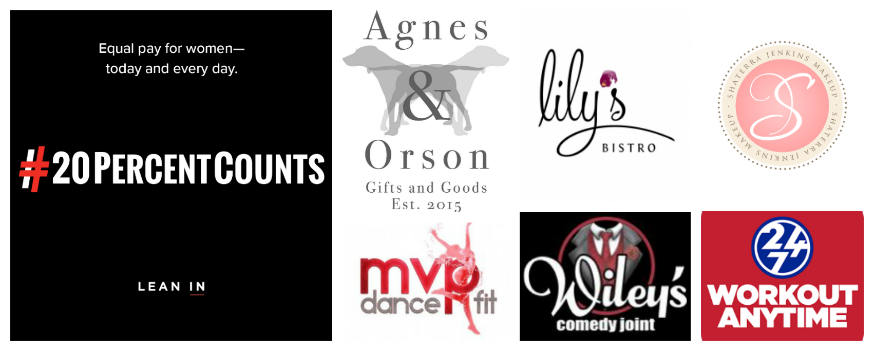(17) Interview with Madeline Iseli
6:47:00 PM

It seems that the most important mentor of all was Madeline Iseli’s mom. The Vice President for Advancement Center at Sinclair Community College reminiscences about her childhood years. Mom was leaning-in well before she could remember. She started a student-exchange program at her local high school and took on various responsibilities within the Dayton community. She passes on that sense of contribution to community to Madeline whose role is to develop relationships on behalf of Sinclair Community College and the Sinclair Foundation, residing in Dayton. In a Lean In Dayton interview, Madeline Iseli explains the significance of her role at Sinclair and her viewpoints on effective leaders.
|
Lean In Dayton: Can you tell us about you, your background and how you got started in your field of work?
Madeline Iseli: I moved to Dayton when I was really young and went to Dayton Public Schools. My parents are immigrants so I am a first generation American. My father is Indonesian and my mother is Dutch. I'm the oldest of three children. My parents moved here seeking opportunity. Both of them lived through WWII. Europe was in the state of being reconstructed and there was a lot of opportunity-shortages. My mom was mostly a stay-at-home mother. She provided daycare in her home. As long as I can remember, she was always involved in the school with PTA or classroom activities. Later on, she became involved with the Priority Board with the City of Dayton. It's a system that engages residents for neighborhood development. She had an elected position on the Priority Board. Because my parents are immigrants, they were always interested in world events. Now they are more interested in world peace.
When I was in high school, my mom started a chapter in a student exchange program at the school I attended. She modeled for me, community involvement- wanting to make your corner of the world a better place. My mom is an example of giving back, contributing and leaning in.
My role at Sinclair entails working with the president on external relationships, which includes government relations, community, media and public relations. It also includes the Sinclair Foundation which is a separate nonprofit fundraising arm for the college. My mom, upbringing, and the right educational path helped me to do what I do today.
Lean In Dayton: When did you first realize that you had the right stuff to be a leader? And how different was this thought process from your upbringing?
Madeline Iseli: When I was in high school, I was very involved in the marching band which reminds me- I really wanted to be a high school band director. When I was a sophomore in high school, I tried out for field commander for the marching band and I was selected. I was a field commander for two years in a row. I was really surprised that I was chosen because it really wasn't my intention, but then I thought, “They must have picked me for something. Now it's up to me to do the best that I can.” Later on, my mom told me when I was in preschool or kindergarten, the teachers said to her, “When Madeline speaks, the other children listen.” I was only four or five years old. Also, my brother is four years younger than me. When we were little, he would always say to me, “You're so bossy.”
Lean In Dayton: How do you think you developed your confidence?
Madeline Iseli: Trial and error. I have three boys. My oldest is 26. My youngest is 15. The one is the middle is 17. I look at them and their hesitancy to ask for something like a job or a letter of recommendation. And I have to remember that I was that way. Actually, being a parent reminds me that I wasn't always confident and it takes surviving some rejection. It takes a competitive edge to survive rejection, wanting to pick yourself back up to begin again. Once you survive it, you feel like, “That wasn't so bad. No one died.” So in the scheme of life, you try something else or someone else. Or you stop to think, “Okay, what could I have done differently? What can I do better next time?” I think it takes that to build that confidence. It's a process.
Interviewed by Julene Allen











